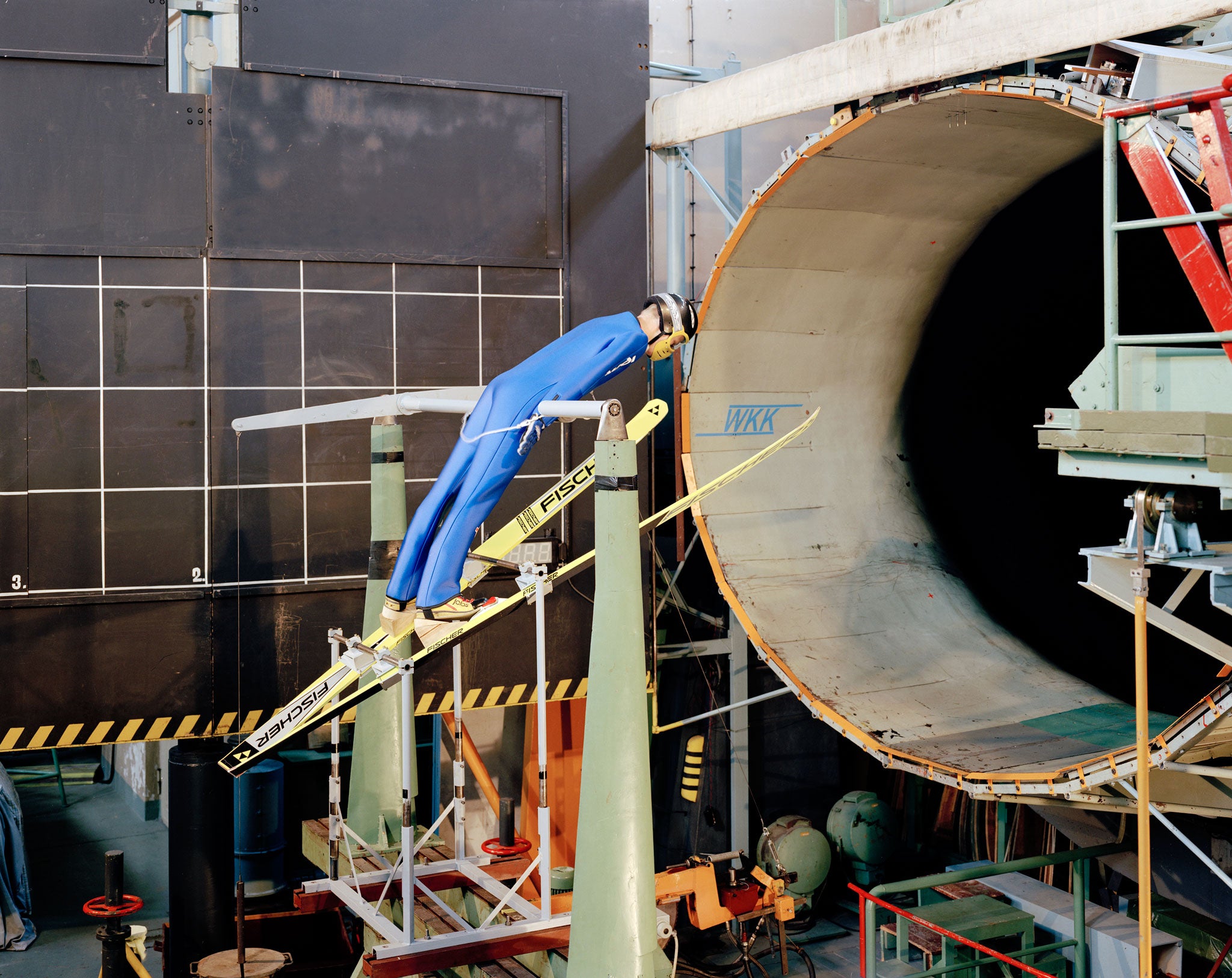Behind the scenes of the world's most experimental science labs
The photographer Daniel Stier has spent four years gaining access to some of the world's most curious scientific experiments. Just what are these researchers up to, wonders Gillian Orr

Your support helps us to tell the story
From reproductive rights to climate change to Big Tech, The Independent is on the ground when the story is developing. Whether it's investigating the financials of Elon Musk's pro-Trump PAC or producing our latest documentary, 'The A Word', which shines a light on the American women fighting for reproductive rights, we know how important it is to parse out the facts from the messaging.
At such a critical moment in US history, we need reporters on the ground. Your donation allows us to keep sending journalists to speak to both sides of the story.
The Independent is trusted by Americans across the entire political spectrum. And unlike many other quality news outlets, we choose not to lock Americans out of our reporting and analysis with paywalls. We believe quality journalism should be available to everyone, paid for by those who can afford it.
Your support makes all the difference.Daniel Stier spent four years travelling the world to photograph some rather striking scientific experiments – but don't expect him to be able to throw any light on what is going on in any of them. "I honestly don't always know what they are doing," he says of the shots he has compiled in a new book, Ways of Knowing.
His photographs of human subjects participating in experiments in research laboratories across Europe and the United States are a curious outsider's view of the world of science. "I want to show the similarities between artistic and scientific work," he says. "We are both swallowed by the same motivation and obsession. It's a sort of loop of trial and error without a clear outcome."
The lack of money in art and science is another parallel the 48-year-old is interested to draw out: despite the seriousness of their work, these labs are makeshift and unpolished. "We really have the wrong idea about scientific research," believes Stier. "You see all the stainless steel and white lab coats in magazines such as National Geographic, but that's just not the reality. These labs look so dated because they have no money. They kind of make do with what they can get their hands on; things are taped up and falling apart, and they use stuff they find in their garages."
Stier was instantly fascinated when he came across his first laboratory in Germany eight years ago, leading to the project. He found the scientific community supportive and each lab would put him in touch with the next. As well as Germany, the work has taken him to France, the UK, Switzerland and America. The labs belong principally to universities and institutes, and they cover all areas of scientific research, from sports medicine and ergonomics to neurophysiology.
"The people and contraptions are like metaphors of the endless need to do more research, to experiment and specialise more," says Stier. "When I entered the labs, I always felt like I was going into an artist's studio."
The photographer, who was born in Frankfurt but has lived in London for 20 years, has secured two essays for his book, one by a university lecturer in astrophysics at the University of Oxford, the other by an artist and lecturer from the National College of Art and Design in Dublin, further highlighting the similarities between the two areas. "I make images, they make research. But the outcome is as open as mine. A lot of people look at these images and think, 'What the hell?' But I like people to wonder, I don't like to dictate to them what they are. We don't always need to know everything and explain everything. I want people to look at these images and make up their own stories."
'Ways of Knowing' by Daniel Stier is published by YES Editions, priced £35. For more: danielstier.com, ways-of-knowing.com
Join our commenting forum
Join thought-provoking conversations, follow other Independent readers and see their replies
Comments